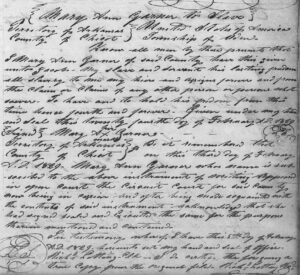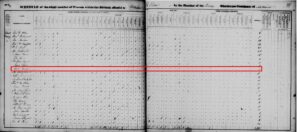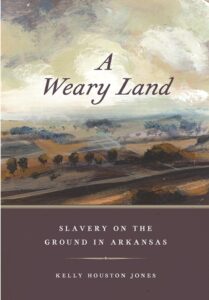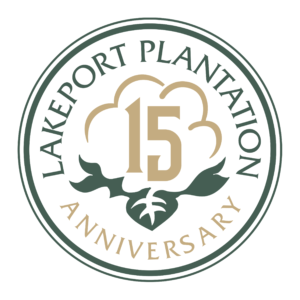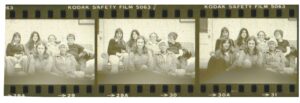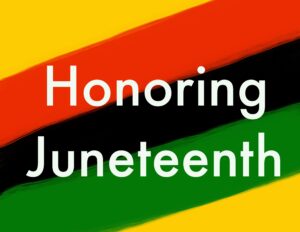Life on the Mississippi Reading Retreat – April 13, 2024
Lakeport Plantation Museum will host a Reading Retreat focused the Mississippi River on April 13th, 2024 from 10:00 – 3:00 pm.
The two books are Mark Twain’s Life on the Mississippi, published in 1883, and Rinker Buck’s Life on the Mississippi, published in 2022.
Twain and Buck both traveled down the Mississippi River and chronicled their experiences.
Twain reminisces on his life training as a steamboat captain in 1850s and writes about his travels along the Mississippi in 1882.
Buck travels down the Ohio and Mississippi Rivers on a flat boat in the late 2010s to gain a deeper understanding of how the west was opened and its critical part in the development of the U.S. economy in the 1800s.
Upon registration, participants will receive copies of both books to read at their convenience.
Participants will gather at Lakeport Plantation Museum on Saturday, April 13th for a day of discussion from 10:00 am to 3:00 pm.
The cost of the retreat is $60 for members and $70 for non-members. Registration includes copies of the two books and lunch.
For additional information about the retreat or to register,
contact Lakeport Plantation at 870-265-6031 or email roloughlin@astate.edu.



